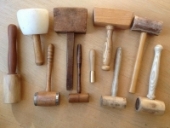How would you check the calories for foraged foods wbich often are difficult to find nutritional information on? Is “this looks like 1200 calories” enough evidence?
Also what is meant by “foraged food type”? Is this species, genus? Or is it more like root vegetable, shoots, greens, berries, seeds, etc?







